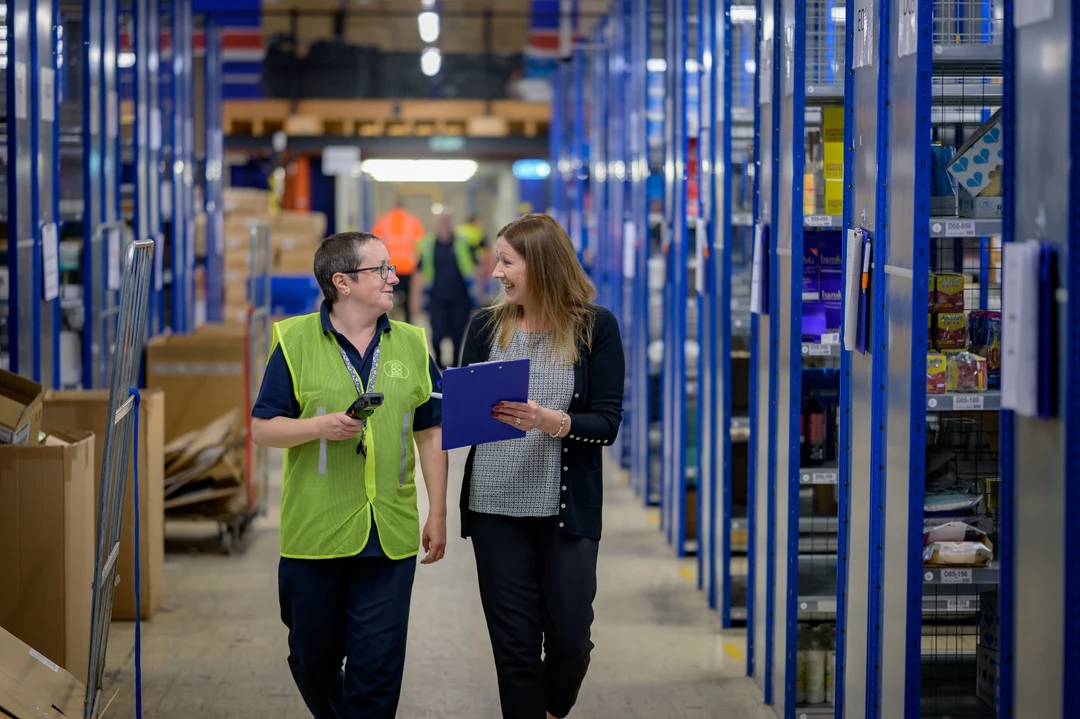Blog
Stay up-to-date on freight fintech insights and stay ahead
Loading...

Four actions SMEs can take right now to decarbonize their supply chains
BlueXFinTechBlogDec 06, 2022
Do you know there are 4 actions SMEs can take right now to decarbonize their supply chains? Recent climate-related events have left the logistics industry at a major inflection point. Most nations are not on track to meet the 1.5°C increase limit outlined in the Paris Agreement, and the logistics industry is far behind in helping to achieve this goal. SMEs have the agency to make meaningful changes without putting their business operations at risk.

Understanding freight release and telex release
BlueX PayOcean FreightBlogNov 24, 2022
If you have shipped any kind of cargo before, then you are most likely familiar with the term “Bill of Lading.” A Bill of Lading (B/L) is several things in one document – it’s a cargo release order, a receipt for the freight, and the final proof of which party owns the freight in question. “Freight release” refers to the endorsement of your B/L and means that your goods can be released and have ownership transferred to a buyer.
The physical transfer of a B/L is among the most commonly used methods of freight release. However, in a logistics environment where speed is of the essence and any and all things can occur, the fate of a freight shipment cannot always rest on a paper document alone. This is when a telex release can be used.

Inventory Financing: the Pros and Cons
BlueX PayFinTechBlogNov 10, 2022
Inventory financing is a relatively new approach to maintaining cash flow that brings a host of advantages, especially for high-volume businesses such as retail, food service, or wholesalers. To put it simply, inventory financing refers to using the inventory you need to purchase as collateral for itself. Sound confusing? Let’s break it down through an example and see the pros and cons.

How freight fintech is radically changing logistics for SMEs
BlueX PayFinTechBlogOct 17, 2022
When small to medium-sized enterprises (SMEs) become more reliant on global trade, they also become more vulnerable to the kinds of disruptions that have been raining down on the logistics industry these past few years. The problem is that many SMEs must rely on stable revenues to keep the engine of their business running – they lack the established infrastructure and financial safety net of large corporations. They also are unlikely to receive financing from a highly traditional industry that is still dominated by risk-averse banks. That is why freight fintech companies are rushing in to fill this financing gap and offer SMEs a much broader range of options to get around logistics challenges, get goods into customers’ hands, and keep capital flowing.

Are ACH Payments Safe in 2023? Advantages and Disadvantages
BlueX PayFinTechBlogMar 14, 2022
Discover more about whether ACH payments are safe, as well as their advantages and disadvantages over other payment methods.